Let’s talk cravings. They can be pretty distracting, but once you understand what causes them, you know what to do about them.
There are a lot of physiological causes to do with lack of sleep, dehydration, stress, sodium deficiency, and many others.
The type of cravings I’m focusing on in this post are the emotional ones.
That’s right – your emotions can cause cravings, and here’s how to tell your craving is most likely emotional in nature: It’s random.
You’ve eaten, you’re doing great with your water, and you slept well. It’s not your time of the month. Yet out of the blue, you’re craving something, even though you aren’t even hungry.
It’s likely this is an emotional craving, meaning you’re experiencing an emotion that you’re used to using food to cope with.
It might be stress, overwhelm, fear, anxiety, anger, grief – really, it could be anything. Something positive you wanna celebrate could trigger cravings, too.
If you find yourself “randomly” craving something, stop and think about what’s going on.
Ask yourself: What happened today?
Is there more going on than usual?
Did you fight with your spouse?
Did a friend get in a horrible accident?
Are your kids driving you crazy?
Maybe it’s something going on in the world as a whole that’s got you freaked out, and you just wanna dive into a pint of ice cream so you don’t have to think about it.
Awareness that your craving is emotional in nature is the first step to staying out of the box of donuts and finding a different way to handle it.
It takes some mindfulness, at first, to recognize emotional eating cravings.
Make it a habit, each time you have a craving, to stop and ask yourself, “What’s going on? Am I really even hungry, or am I trying to escape from or cope with something?”
Breaking up the cycle your brain’s gotten used to is the first step to moving beyond – and eventually, ending – emotional eating cravings.
Recognizing what the craving is goes a LONG way in helping you do that.
